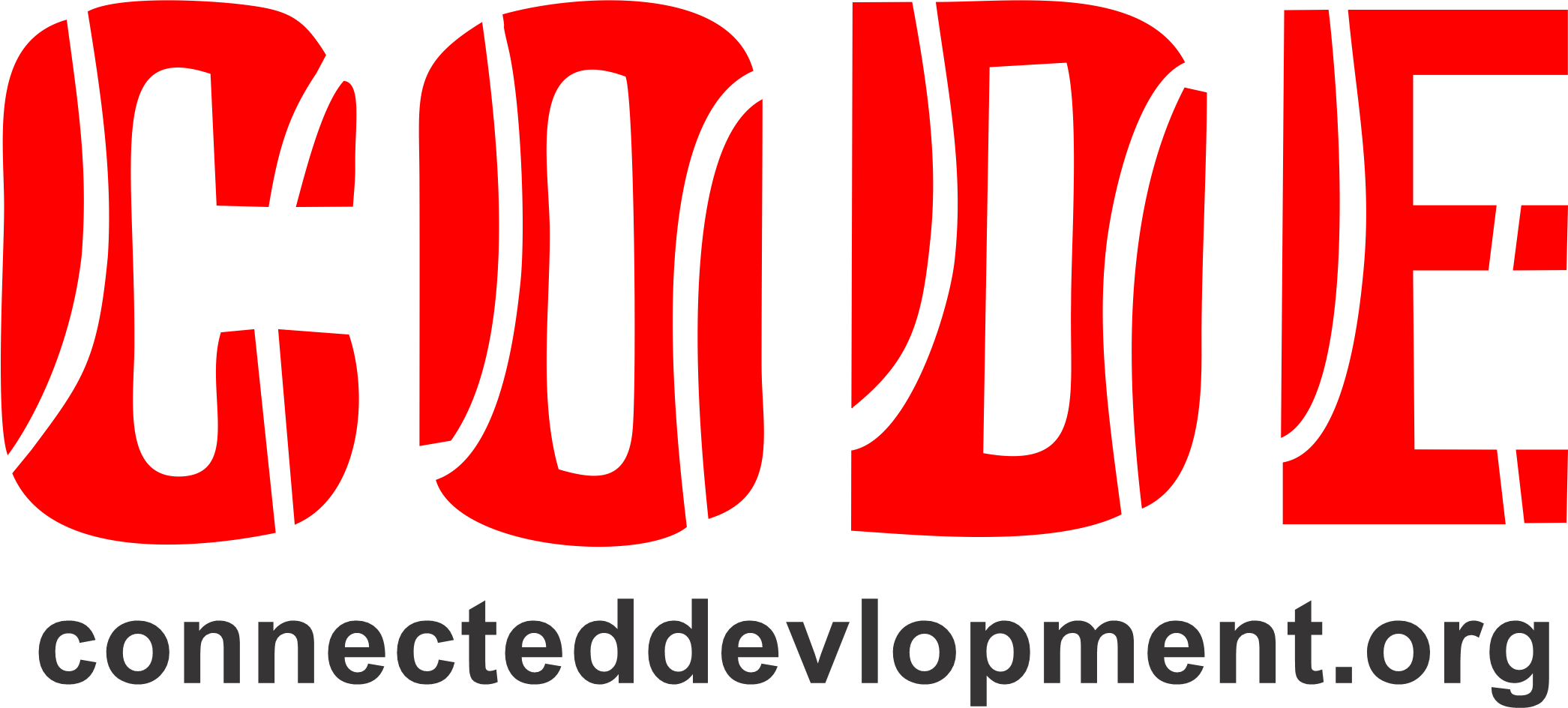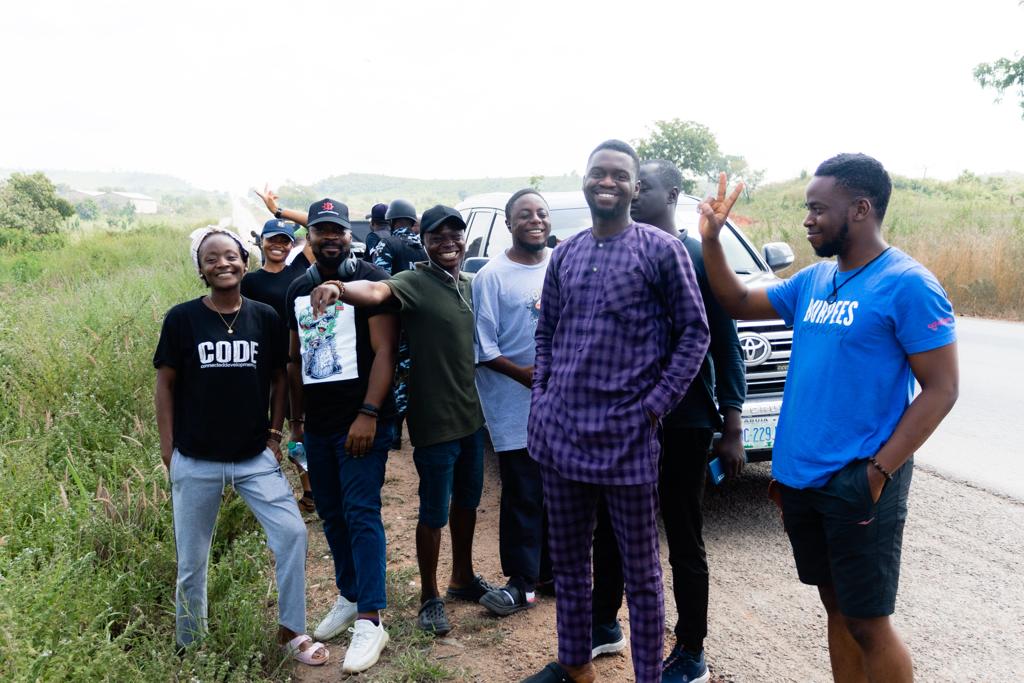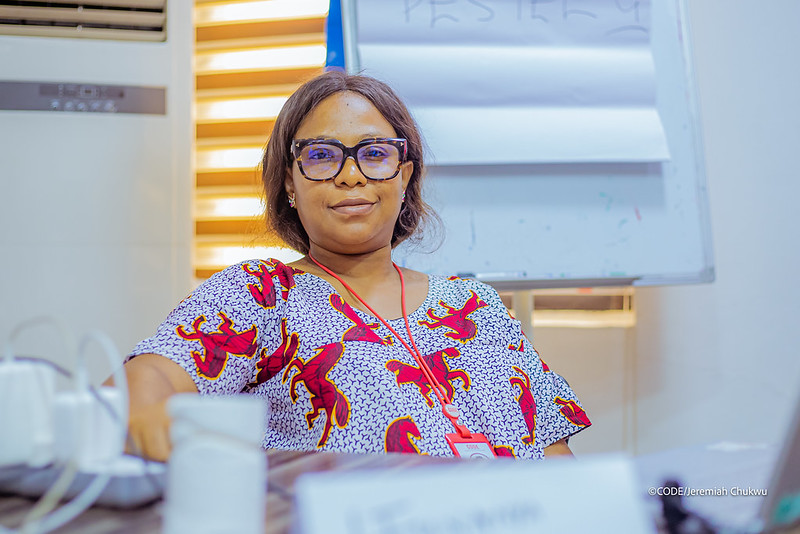- +234 09291 7545
- info@connecteddevelopment.org
Peace Ozegbe
Have you ever been so excited about an opportunity that you could hardly contain your enthusiasm? That’s precisely how I felt when I was given the chance to coordinate the Freedom of Information (FOI) Workshop in Delta State.
Not only was it my first visit to Delta State, it was going to be my first time discussing and raising awareness about the FOI law, which had been adopted in the state. As a Delta state indigene, I was more excited to embrace this new challenge and fully prepared to tackle anything that came my way.
I am sure you’re wondering what an FOI Act is. It is a law that grants citizens the legal right to request and access information held by public authorities. The Act is designed to promote transparency and accountability in government activities, allowing citizens to obtain information about government operations and policies, thereby holding the government accountable. This Act is an essential tool for enhancing democracy in Nigeria.
The workshop had six commissioners from various Ministries, Departments, and Agencies (MDAs) in attendance, along with representatives from Civil Society Organizations (CSOs), and the media.
I was honored to take on the role of coordinating the event and leading a session on the Power of Voice Partnership (PVP) project. During my session, I provided an overview of the work we had accomplished over the past two years, including our involvement with integrity clubs, the Host Community Development Trust Fund, and advocacy efforts related to the Petroleum Industry Act (PIA). These projects are also focused on advocating for the adoption of the FOI Act. One of the most eye-opening aspects of the workshop was the revelation that a staggering 99.8% of the participants had little to no knowledge about the FOI Act!
This highlighted the urgent need for advocacy and education about the Act in Delta State. I urged participants to take the knowledge they gained from the workshop and spread awareness about the FOI Act, alongside its significance. A highlight of the event was the Head of FOI from the Ministry of Justice in Abuja, Godwin Garuba, conducting the session on “Unlocking the Power of the Freedom of Information Act: Understanding its Significance and Enhancing Government Responsiveness.”
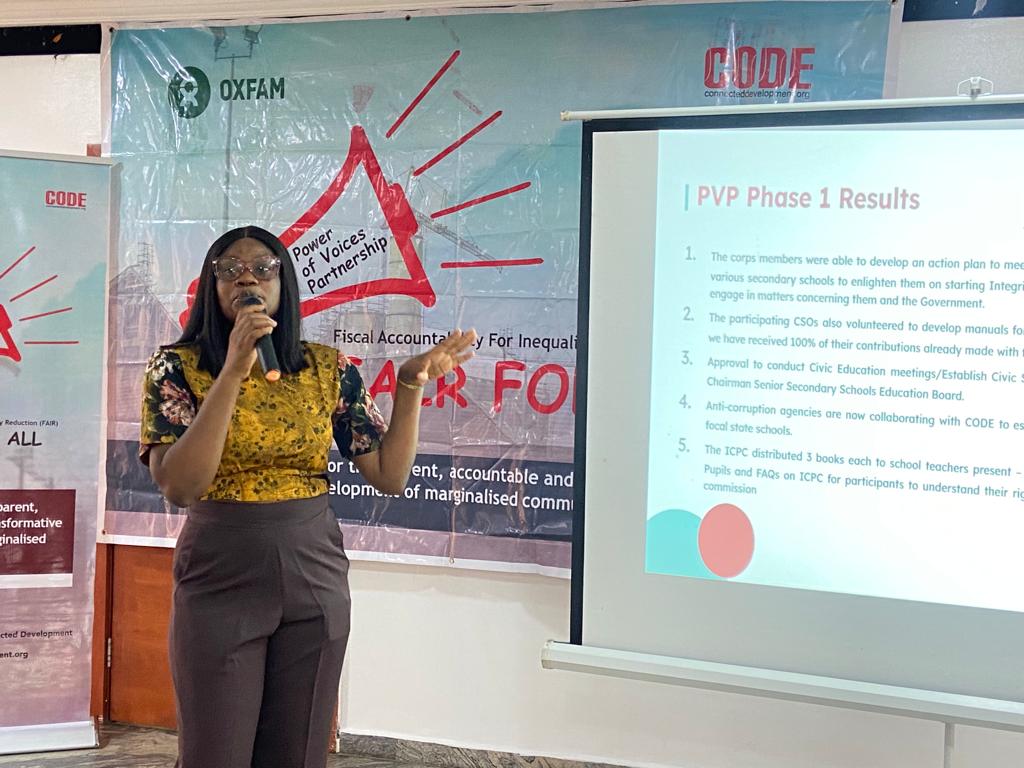
From this session, I gained several key takeaways:
1. The FOI Act allows illiterate or disabled individuals to apply for information through a third party if they are unable to make a personal application.
2. Applicants are not required to demonstrate a specific interest in the requested information but must prove their Nigerian citizenship, age of 18 or above, and tax compliance for the past three years.
3. Public institutions must organize and manage information in a way that facilitates public access.
4. If access to information is denied, the applicant has the right to challenge the decision and have it reviewed by a court, with specific grounds for refusal provided by the institution.
5. Public institutions have 90 working days to respond to FOI requests, with the option to extend this period for an additional 90 days if necessary.
6. FOI requests should be addressed officially to the Ministry, distinguishing them from general correspondence.
Kingsley Agu, the Community Engagement Director of CODE, provided a detailed breakdown of how to write a FOIA letter, ensuring that all participants left the workshop well-informed about the FOI Act, and equipped to write their own FOI requests.
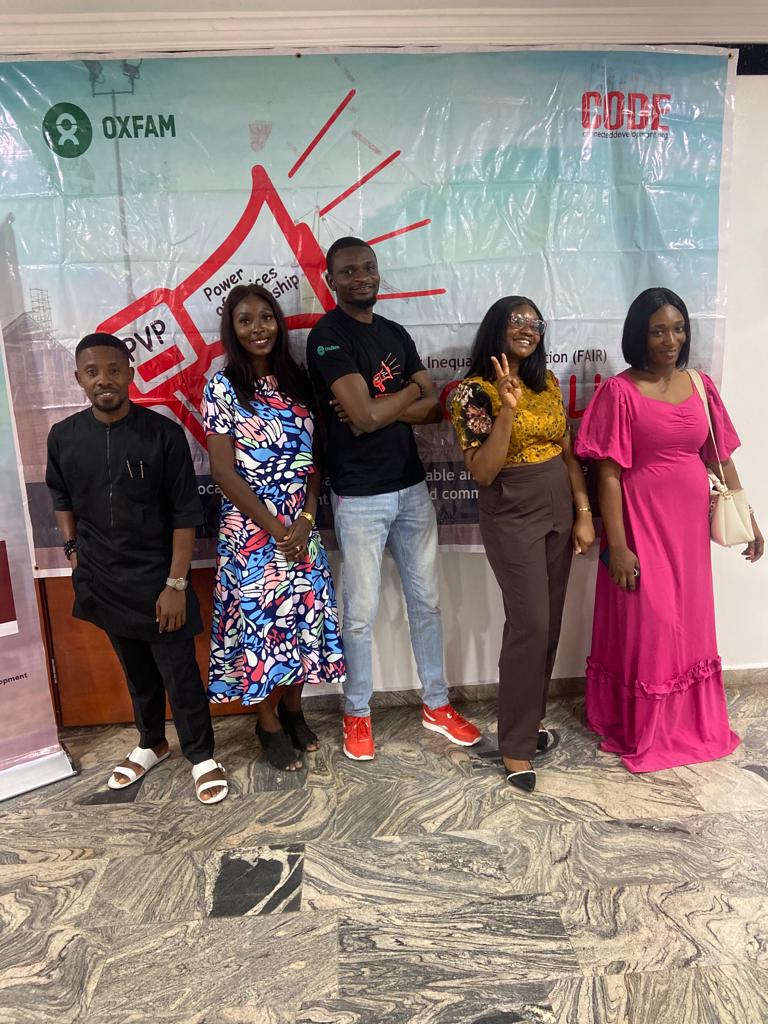
The workshop in Delta State was a remarkable experience for me. Participants left with a better understanding of the FOI Act, ready to use this knowledge to promote transparency and accountability in our great state. This event marked a significant step towards a more informed and engaged Delta State, embracing the power of the Freedom of Information Act to drive positive change in their communities.
Related
Connected Development is an initiative that is passionate about empowering marginalised communities.
